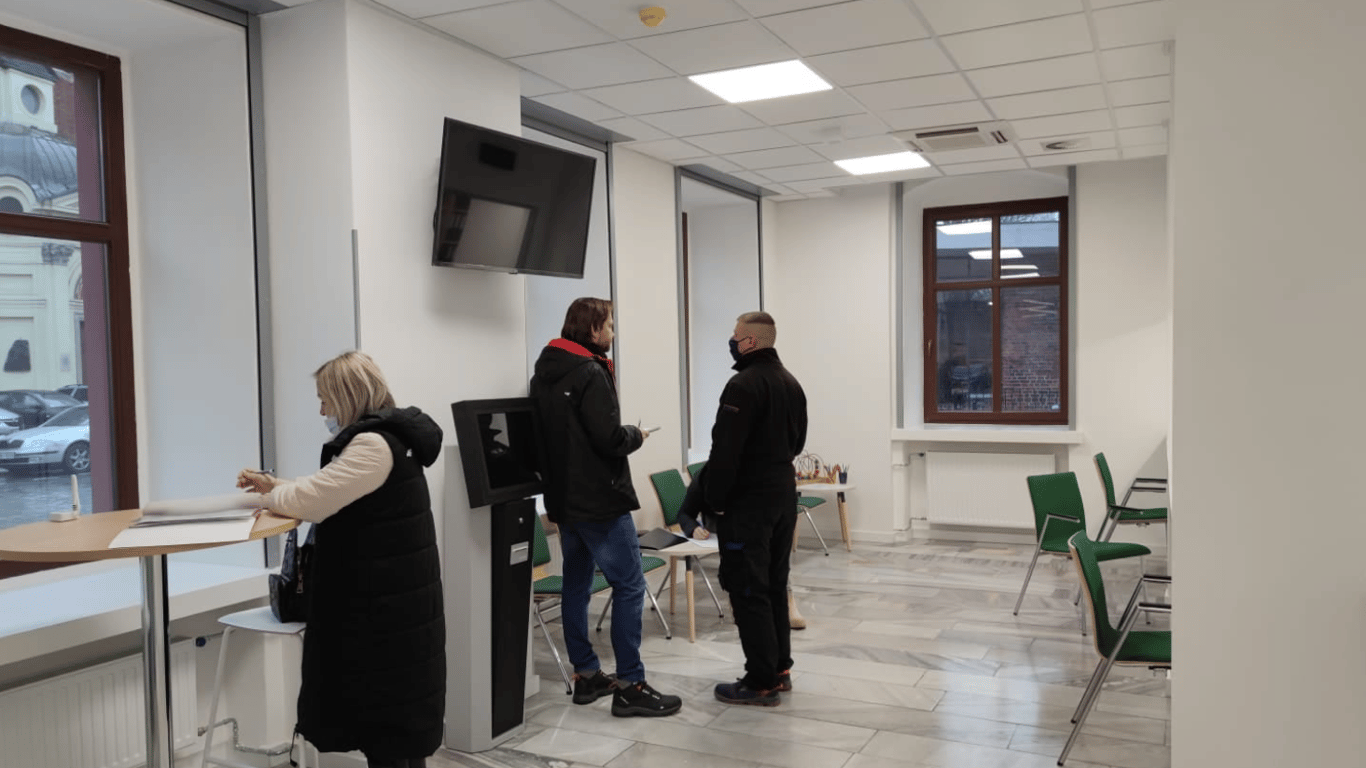The European Union has agreed on a migration reform: what will radically change.


The European Parliament and the Council of the EU have agreed on a reform of migration legislation
The European Parliament and the Council of the EU have reached an agreement on the reform of migration legislation and asylum policy in the European Union. The bill includes strengthened control over illegal migrants, mechanisms for responding to crisis situations, and the introduction of the principle of solidarity between member states: they can either accept refugees from other EU countries or pay compensation to a special fund.
The agreement was commented on by the spokesperson of the European Parliament Roberta Metsola, who noted its importance and humane approach to migrants seeking protection and a tough stance on illegal migrants.
Changes in asylum policy in the European Union
The bill also provides for the possibility of temporarily deviating from the standard asylum procedure in situations where migrants are used by third countries or hostile non-state actors to destabilize the EU. The rules for screening migrants attempting to illegally enter the EU will be tightened.
Pan-European asylum procedure
Instead of national asylum procedures, a pan-European procedure will be introduced, which will speed up its consideration and reduce the period to six months. Unverified asylum claims will be rejected at the external borders of the EU. The details of the bill have not yet been made public.
Criticism and support of the bill
Human rights organizations have expressed their criticism of the agreement, arguing that it will lead to the suffering of migrants and the violation of their rights. The President of the European Commission, Ursula von der Leyen, welcomed the compromise and considered it a protection for those in need of asylum.
Studies have shown how migration affects the lives of Europeans
A survey in Europe showed that citizens of most countries believe that migration has worsened their lives. In particular, countries with a large number of asylum seekers feel the greatest impact.
The study also showed that respondents are convinced of the positive influence of migrants on the cultural life of the country but believe that migration negatively affects jobs.
Read also









